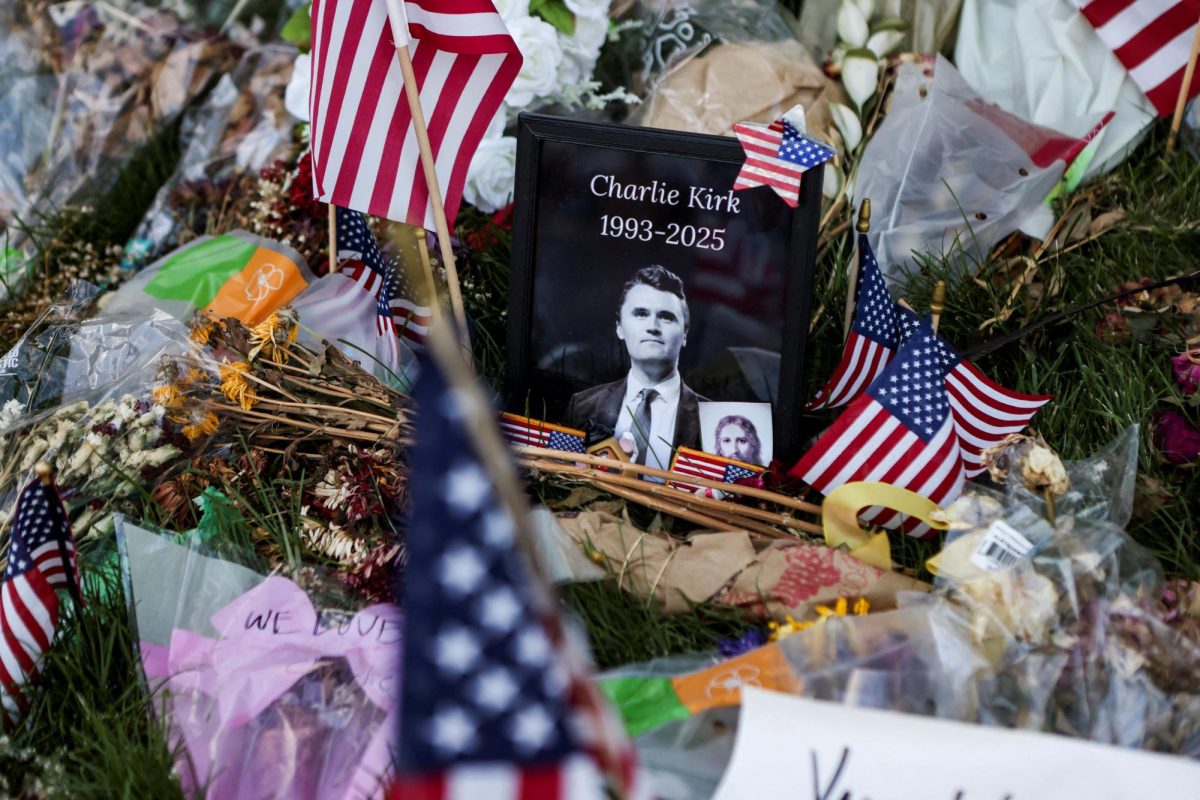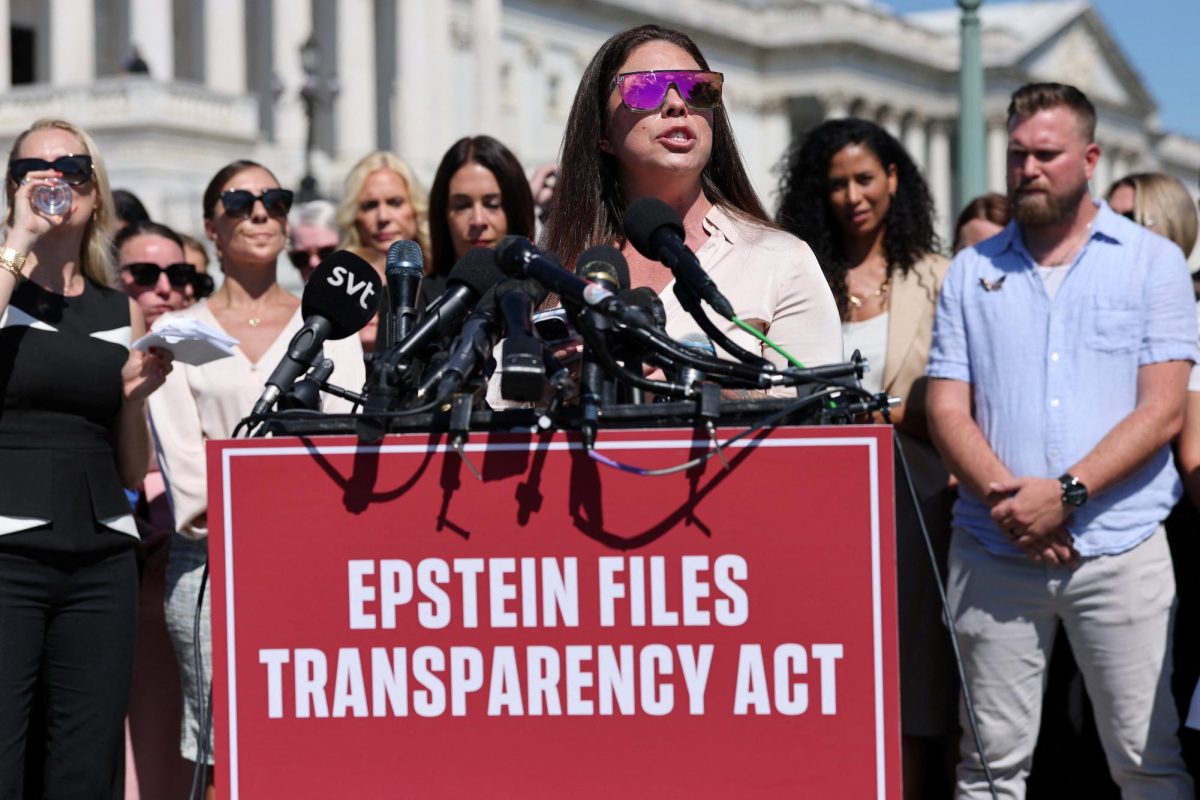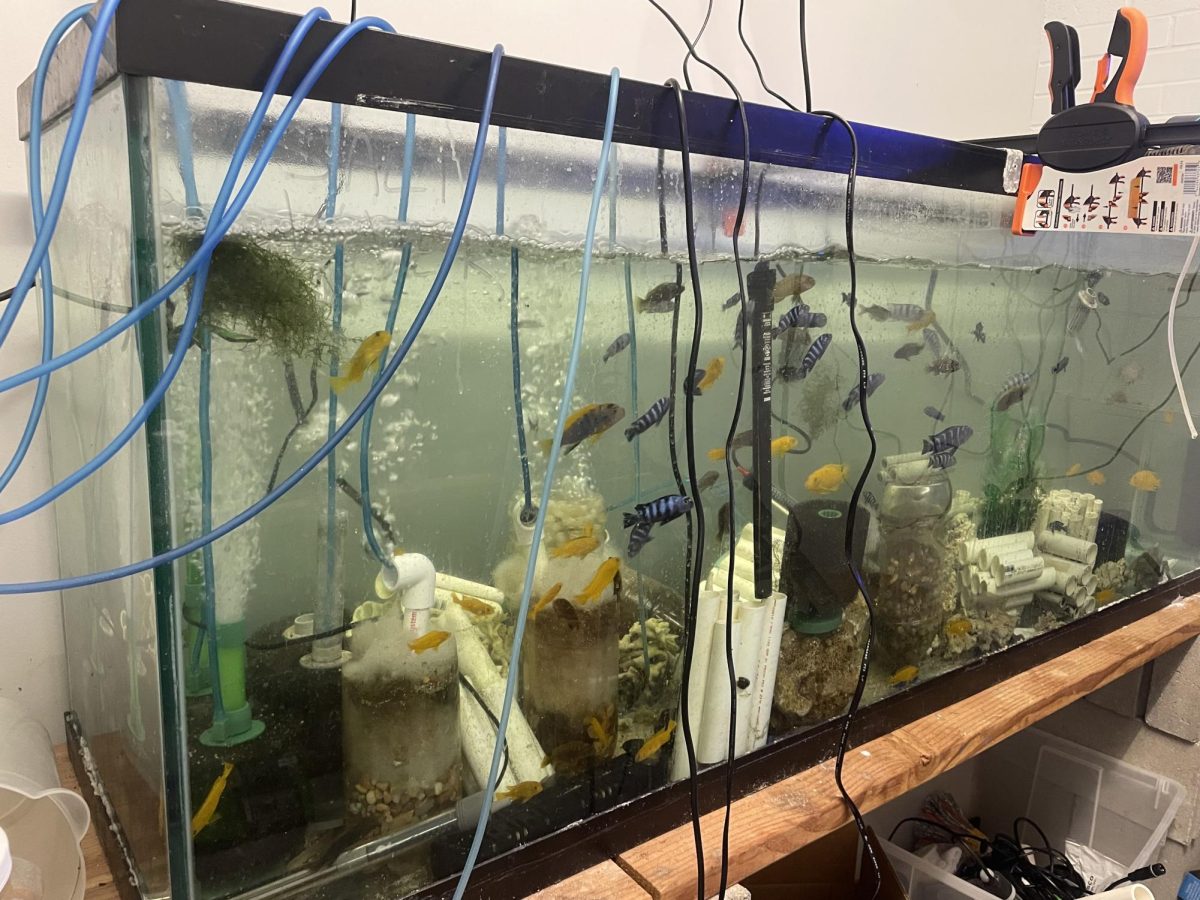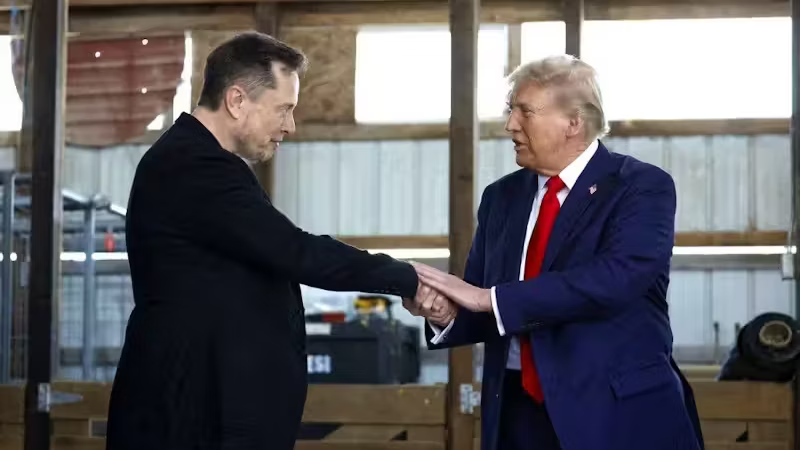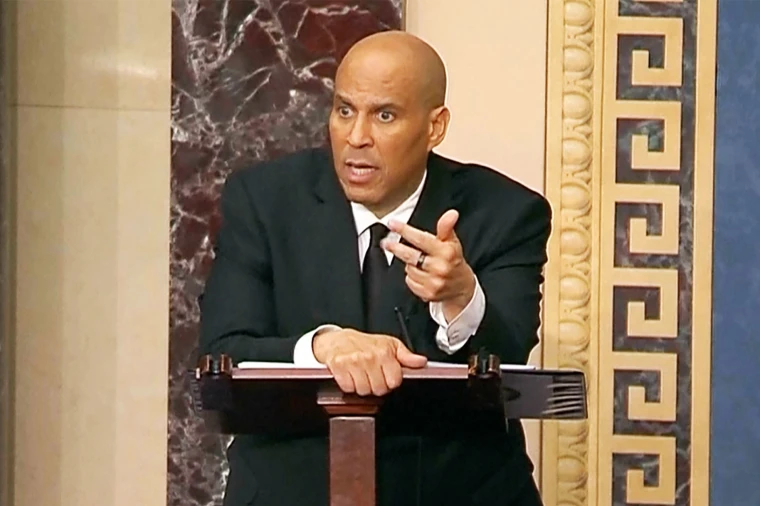“If this is open season on everybody who expresses an opinion, then the American covenant is broken,” said presidential biographer Jon Meacham.
On Sept. 10, 2025, Charlie Kirk was assassinated at Utah Valley University during his “American Comeback Tour.” Kirk was a conservative debater, co-founder of Turning Point USA, and a father and husband. He influenced countless young people by encouraging political awareness and participation in voting. Kirk was known for his confrontational debates with college students regarding their political beliefs, often going viral for his signature challenge, “Prove me wrong.” As a result of his assassination, significant ripple effects have emerged nationwide, profoundly impacting the mental health of employees, social media users, and students at all levels.
One major instance of these ripple effects occurred on social media, where a video of Kirk’s assassination was spread quickly. As news of Kirk’s assassination broke, many who were present at the event quickly shared their eyewitness accounts on social media. Consequently, social media users who had not attended the debate watched the video, reshared the post, and contributed to its rapid spread, resulting in millions of views within hours. This exposure left many people on social media traumatized, fearful, and appalled. As stated by Public Med. Org, “The ways that mental health concepts are represented on social media could have significant implications for lay understandings and behavior.” This suggests that after witnessing the video, many individuals struggled to process the information, resulting in a mix of feelings. Those who felt strongly opposed to the assassination expressed sadness and concern, with some even reacting in public anger. Meanwhile, others voiced opposing views, resulting in intense public political debates. These debates fueled widespread conversations, commentary, and speculation about the event and its political implications.. Overall, the rapid spread of the video has demonstrated the power of the internet to instantly amplify events and shape public conversations. It has influenced how people across the nation perceive the assassination, igniting both positive and negative commentary.
In addition to influencing its impact on how information spreads, reacting to the assassination on social media has had tangible real-world consequences. Specifically, some people who publicly celebrated Kirk’s assassination online lost their jobs. Chelsea Wolfe, an alternate freestyle BMX cyclist for Team USA at the 2021 Tokyo Olympics, shared a USA Today headline about Kirk’s assassination. According to Time magazine, she overlaid the headline with a cartoon of Dora the Explorer and the phrase, “We did it!” suggesting a celebratory viewpoint. Additionally, Wolfe posted a smiling selfie with a thumbs-up and the caption, “Being a Nazi is completely optional, btw. He didn’t have to do all that, but he did, and now he’s dead.”
Her posts quickly sparked public outrage from sports figures and the broader media. USA Cycling distanced itself from Wolfe, clarifying she had not been part of the national team since 2023. Critics described Wolfe’s posts as “sickening,” and the celebrations received widespread condemnation from public figures. As a result, many students nationwide were affected by actions similar to Wolfe’s and posted celebratory messages, stories, and videos. In Texas alone, more than 350 complaints have been filed against teachers for making inappropriate comments online about Kirk. Specifically, Governor Greg Abbott initially said over 100 teachers had made statements that “called for or incited violence”.
The involvement of social media is concerning- not just because of public speech but also due to its presence in the classroom. This affects students, as they are influenced to speak openly about their political ideologies and share insights on recent events. For example, Representative Steve Toth, R-Conroe, posted Friday on social media that “these people are insanely hateful and violent and have no place in the lives of Texas Children,”, insinuating that teachers who feel it’s appropriate to spread their political message online may also bring their message into the classroom, influencing students to publicly post and promote their political messages, and beliefs.
Fox News also reported that Georgetown University had “removed a second wave of inflammatory posters mocking the assassination of conservative activist Kirk and has reported the incident to the FBI.” Specifically, the posters were placed in the school’s main free speech zone and featured a quotation from messages inscribed on the bullets used to assassinate Kirk, followed by “QR codes and the seal of the Georgetown John Brown Club, a group tied to leftist activism and past violence.” This caused anger and complaints among students who saw the posters.
Consequently, educational institutions have been compelled to balance free expression with ensuring a safe environment. For example, after Georgetown University had been made aware of the incident, they immediately took action and removed all the posters, as well as reporting them to the FBI. However, these situations have also reignited the ongoing debate over free speech versus the consequences of speech. While users and students should be able to express their true emotions, there are established limits to freedom of expression online and especially within educational settings.
Beyond its impact on information spread, social media has also influenced social dynamics, particularly in schools. Some students and social media users who defended Kirk are currently experiencing cyberbullying, bullying in school, ridicule, and cancellation by their peers. On the other hand, some of those who celebrated or mocked Kirk’s assassination have also faced online attacks, further escalating hostility. As a result, students have begun to target other students based on their political beliefs, creating unsafe and divided classrooms. Fox News reported that an 18-year-old Texas Tech student was arrested and expelled after “she was caught on video making disturbing comments at a vigil for Turning Point USA founder Charlie Kirk.” Furthermore, The New York Post noted that Canty, a Texas State University student, was expelled after going viral online expressing, “Charlie Kirk got hit in the neck!” while mimicking a gunshot impact in front of Kirk’s mourners. These incidents demonstrate how social media’s influence has resulted in new forms of political bullying and increasingly unsafe school environments.
As a result, the emotional and social impacts have intensified. Millions witnessed the graphic video of Kirk’s assassination, which led many social media users to report strong emotions and widespread trauma. Many were also upset that the video was not accompanied by a content warning and was not demonetized until later. According to NPR, Dr. Jane Hemmer, a researcher specializing in the mental and physical health effects of traumatic events, “seeing content like the videos of the Kirk shooting, or another video that circulated widely this month showing the fatal stabbing of a Ukrainian refugee in Charlotte, N.C., does have consequences for viewers. Those include heightened emotions, feelings of fear and vulnerability, and calls for revenge. ‘You can see that in the reaction among people who are responding to Kirk’s assassination, saying that blood has to meet blood,’” Hemmer explained. However, this effect is particularly more concerning for younger viewers, who are more susceptible to trauma and often lack effective coping strategies for processing their emotions. For many students, witnessing these assassinations online has conflicted with the boundary between their digital experiences and personal sense of safety. As these viral videos have been seen by millions on social media, many viewers have been left traumatized. Younger teenagers and students are particularly impacted because they have not yet fully developed the cognitive and introspective skills to understand why they feel or think a certain way.
Kirk’s assassination triggered nationwide ripple effects. This event significantly impacted employees, social media users, mental health, and students of all ages. This event highlighted how quickly political tensions can disrupt daily life. It resulted in unpleasant conversations, strained friendships, uncomfortable environments in schools and workplaces, and increased media bias.
To mitigate these political tensions, several steps are vital. These include limiting exposure to biased online resources, respecting diverse perspectives on political events, fostering critical thinking, and setting clear boundaries for political discussions in educational and work settings. Overall, managing political biases and emotions in our interactions is key. This situation raises a crucial question, as articulated by historian Jon Meacham: “Does a reprehensible crime against a political figure lead to more reprehensible acts, or does it remind us that we have to be able to live with people whose opinions we despise without resorting to violence?”


